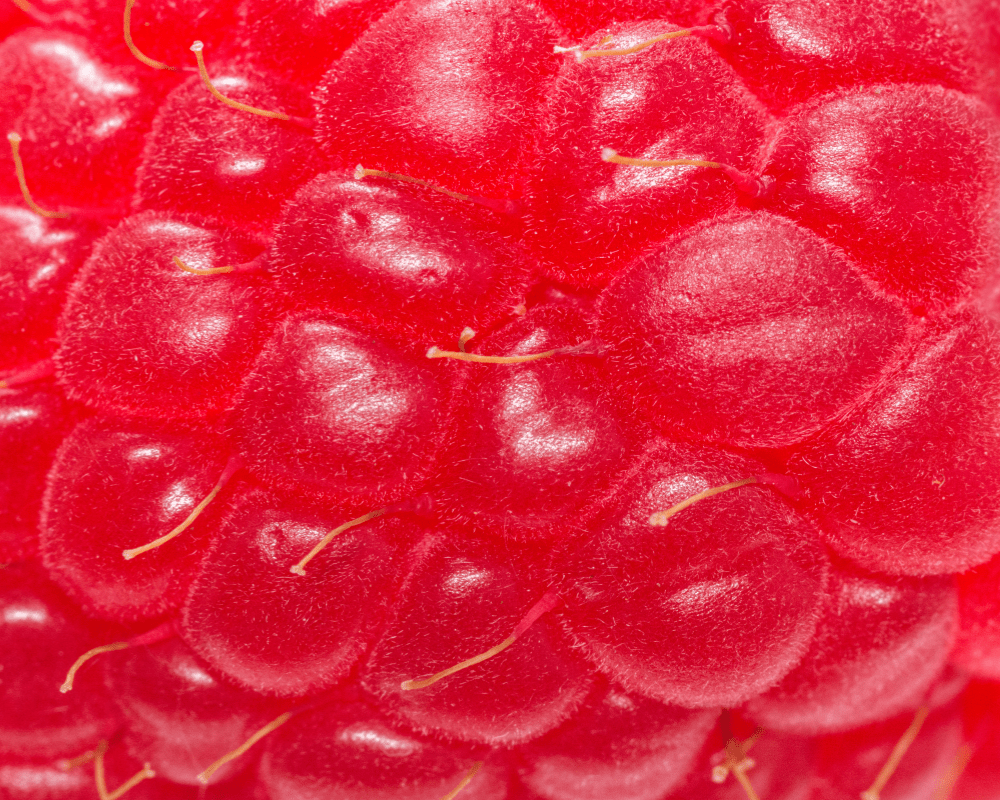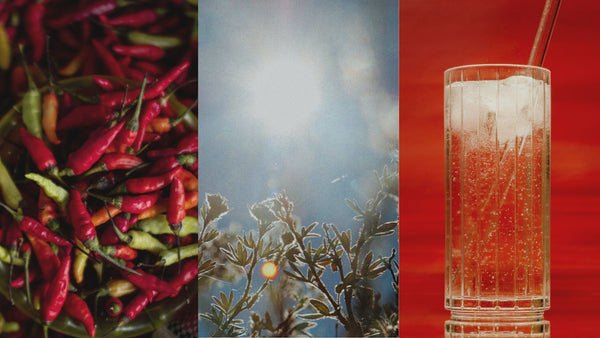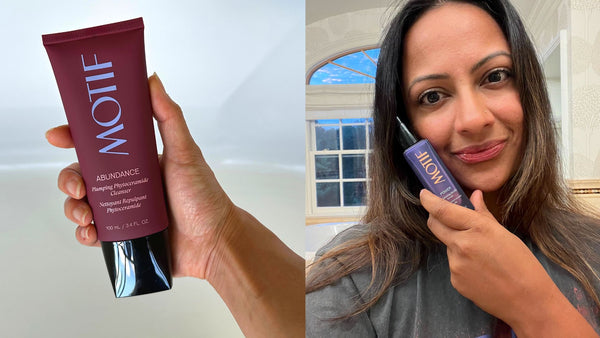What is the Best Cleanser for Rosacea; Navigating skincare with Rosacea.


Rosacea—a simple definition on Mayo Clinic reveals that it is a common skin condition that causes blushing, flushing and visible blood vessels in the face. Rosacea symptoms can be experienced on the face including the eyes, neck, chest, ears and scalp. These symptoms may flare up for weeks to months and then disappear for a while. Rosacea can be mistaken for acne, or other skin problems. There’s no cure for rosacea but treatment can control and reduce the signs and symptoms.
My own rosacea diagnosis at age 26 came as a surprise. I had been experiencing perpetually flushed cheeks, sometimes extending onto my forehead. My skin appeared to be dry, rough, flaky and inflamed and would be visibly uneven if I tried to cover them up with foundation. There were times this would flare up and other times it would seem to have disappeared, only to remerge again when I least expected it.
During a bad flare up, my skin would feel hot and tender. At first, I thought my skin was just dry or sensitive but at some point, it became chronic and I knew it was time for me to seek professional help. I dragged myself to a dermatologist who confirmed that I had rosacea.
Years later, I’ve finally figured out a rosacea-friendly skincare routine (which inspired me to build Motif!) and the creation of the Abundance Cleanser as the best cleanser for rosacea.
According to the Cleveland Clinic, rosacea affects approximately 14 million people in the United States. It most often affects people who have fair skin and is more likely to affect females, with symptoms usually manifesting after the age of 30.
On the contrary, I was in my late 20’s and had brown skin. Rosacea can also run in the family, however this wasn’t the case in my family history either. Studies also suggest that it could be caused by an overactive immune system or an imbalance in the skin’s microbiome.
So I asked, how do I make this go away? My dermatologist warned me of common rosacea triggers such as sun exposure, extreme hot and cold temperatures, consumption of alcohol, spicy food or even chocolate, hormonal changes, stress, and cosmetic skin or hair products.
After diligently following her advice and making changes to my diet and lifestyle—the final culprit I began to examine was my skincare products and regimen.

Before I knew I had rosacea, and when I was experiencing a flare up, I would either attempt to wrestle it into submission by exfoliating it away or use progressively more aggressive peels spending a lot of money on expensive skincare products. Which as you can imagine, only made the problem worse.
I was advised by my dermatologist to stop using most of my skincare products. Because many of these products, in spite of being clean and natural, still contained ingredients that were perpetuating my Rosacea.
Most of the skincare ingredients one should avoid when suffering from rosacea are very similar to skincare ingredients one should avoid when suffering from sensitive or sensitized skin in general or any other skin state or condition where there is a compromised skin barrier.
Rosacea-friendly ingredients are those that have been scientifically measured and concluded to decrease inflammation and redness, to improve the skin barrier function and to hydrate and nourish the skin. Some of my favorites are below:
It is also important that these ingredients are in the formula in quantities that have been found to be clinically efficacious. But in general, with a rosacea diagnosis, you will likely see the best results from watching what NOT to use on your skin.
The best skincare for rosacea-prone skin are products that are fragrance-free as well as free from irritating essential oils.

As someone who suffered with rosacea for years, it was important to me that Motif products were formulated with rosacea and sensitive skin in mind. For me, that meant creating products that not only contained rosacea-friendly ingredients mentioned above (and are free from essential oils!), but are also dermatologist-backed or approved (vs. just tested).
It can be challenging to find the right face wash for rosacea but cleansing is one of the steps, if done right, can be a real turning point for rosacea symptoms and if done wrong, it can quickly pronounce rosacea symptoms. The key is to minimize irritation. Therefore, when cleansing, it is important to -
For rosacea-prone skin, it is especially important to maintain skin hydration and barrier health and minimize irritation. The best moisturizer for rosacea is one that is free from alcohol, fragrance and color. A moisturizer can be used at least twice a day (moisturize once in the AM and PM). An easy hack is that skincare for sensitive skin or another skin disorder, would work for rosacea-riddled skin.
***
Fast forward to today, I’m proud to say that I’ve been rosacea-free for the past 3 years thanks to my Motif routine. I always start and end my day with a mild and gentle face cleanser, which is the best kind of cleanser for rosacea. Then I follow with a brightening and barrier-repairing antioxidant serum. And in the AM, I always follow up with a rosacea friendly moisturizer and SPF.